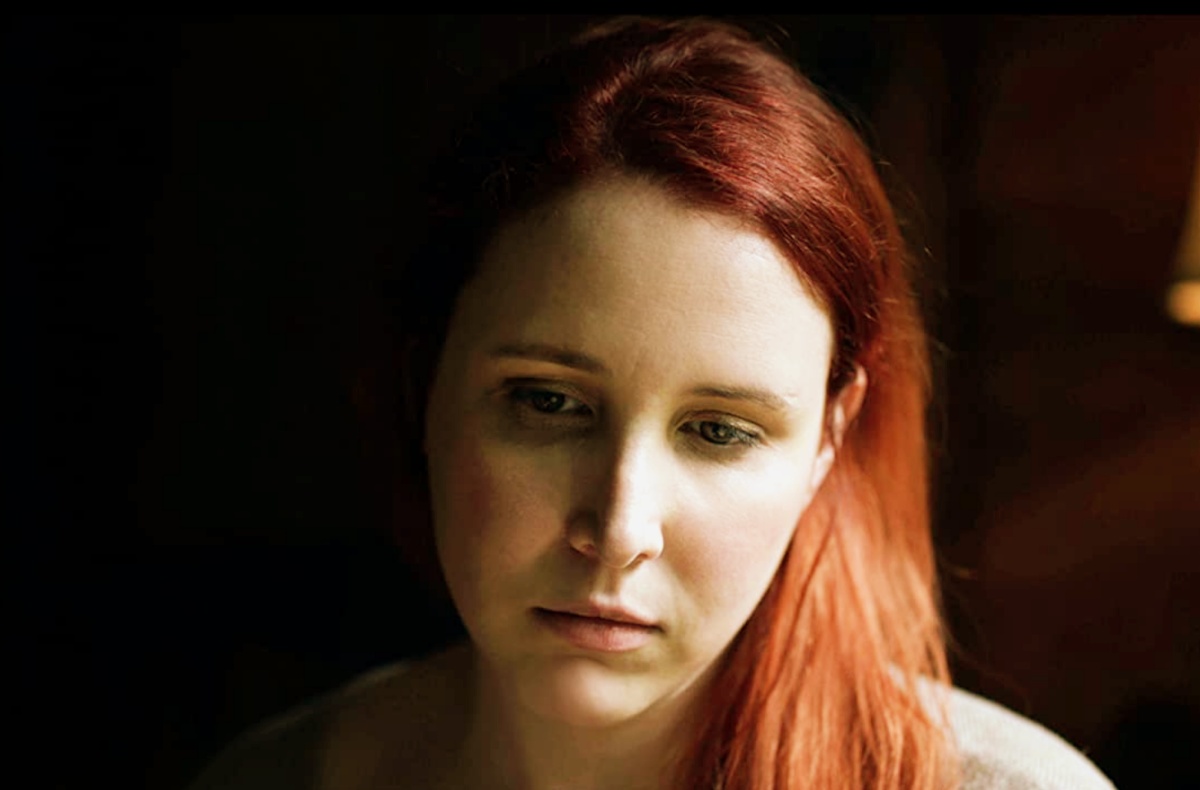The Only Conclusion After HBO’s Allen v. Farrow Docuseries Is: Believe Dylan Farrow

Allen v. Farrow has ended, and with it a four-part series about the story of Dylan Farrow and her child sexual assault allegations against her father, Woody Allen.
“I simply went about my business and worked.” That is how Woody Allen talks about his life post-his failed bid for custody after the Allen v. Farrow 1993 case.
In the docuseries’ final episode, we see Allen working alongside actors and actresses like Julia Roberts, Helena Bonham Carter, and Robin Williams. In comparison, Mia Farrow’s career was derailed by Allen, not making another feature film appearance until The Omen remake in 2006. Her name was tainted while Allen, despite everything going on and the actions he took, soared.
Even his relationship with Soon-Yi was turned into a meme, a joke that normalized the relationship to me for a long time. Clearly, if no one was bothered by it, why should I be?
Allen v. Farrow shows all the actors and critics fawning over Allen because he helped propel their careers; he helped them win the highest awards in their field. Scarlett Johansson calls him a “proven genius.” It is in watching this that you can see why so many, even with Dylan Farrow’s letter in 2014, said nothing or tried to pivot to make it a “family matter.”
They have never been made to question any of this before, because the public had been on Allen’s side regardless of facts.
One of the professionals, Anna Slater, a Child Abuse Expert and psychologist, mentions that when it comes to celebrities, people get very invested in that “person’s persona and they trust them.” Figures like Michael Jackson, Bill Cosby, and Roman Polanski are all brought up, and there are plenty more we could add to that list.
There is one scene when Diana Keaton comes out for the Golden Globes in 2014, and they pan to Kevin Spacey clapping, and I almost burst into tears. It feels ridiculous, but there is just so much to unpack with Hollywood’s power dynamics and how they’ve been allowed to fester. It would be later that year that Dylan’s essay would come out.
I appreciate Ronan Farrow saying that, for a long time, he just didn’t want to talk about this and essentially told Dylan at times to “shut up” about the allegations. At the time, he just didn’t see it as worth it for her or their family. But the fact that her alleged abuser is constantly getting praised for writing remarkable female characters by the women of Hollywood? That can only exhaust you.
If there is anything I have taken from this documentary, it’s that Dylan’s story has been treated as credible since she was a child. Many of the decisions made to protect her from the legal system only served to paint doubt over her claims because, as a culture, we are not great at understanding all the ways this system works.
When a famous man is accused of something vile, people are quick to pull out whataboutisms that are meant to quickly label you as a hypocrite and inconsistent. But talking about abuse is never a one-size-fits-all issue, especially when we get into many different intersections. What is important is using critical thinking skills and understanding that while two things can be true at the same time, there can be a hierarchy of harm, and it’s okay to ask questions. What’s not okay is pretending that a bad faith inquisition is the same as trying to find facts and truth.
After Allen v, Farrow, I see a man who, because of his money, status, and filmmaking ability, was able to make people say things like “well she wasn’t technically his step-daughter” when talking about a man who has an “affair” with his girlfriend of twelve years’ daughter. I mean, in what other real life context would that be considered a “well actually” that people would accept?
Sadly, the truth is a lot of places. Because we constantly make excuses for bad behavior—not because people make mistakes, but because it is easier to believe a woman is a vindictive harpy because of her ex than a man, who carried on an “affair” with a girl he played even a partial paternal figure for over a decade, could have acted inappropriately to another adopted daughter of his ex?
I believe Dylan.
(image: HBO Max)
Want more stories like this? Become a subscriber and support the site!
—The Mary Sue has a strict comment policy that forbids, but is not limited to, personal insults toward anyone, hate speech, and trolling.—
Have a tip we should know? tips@themarysue.com